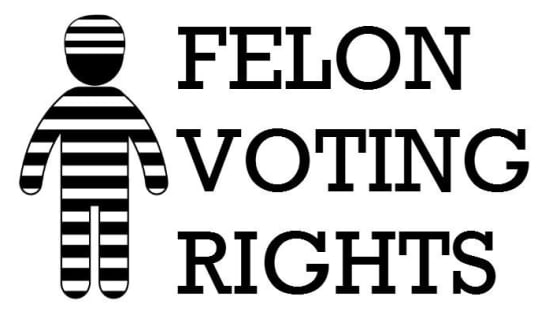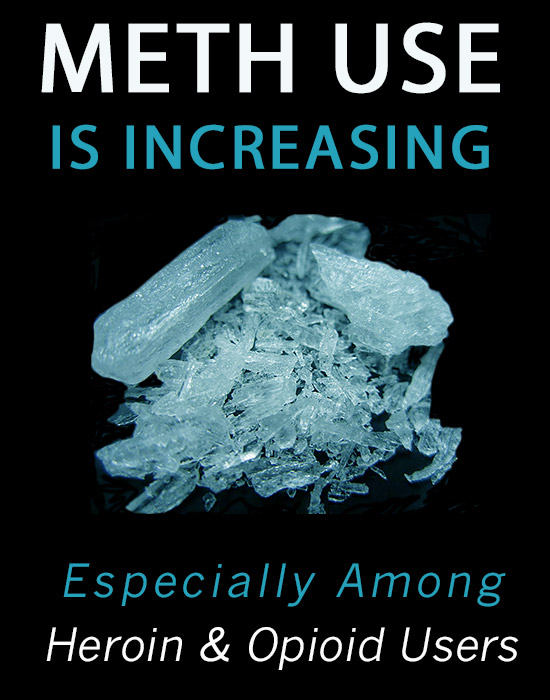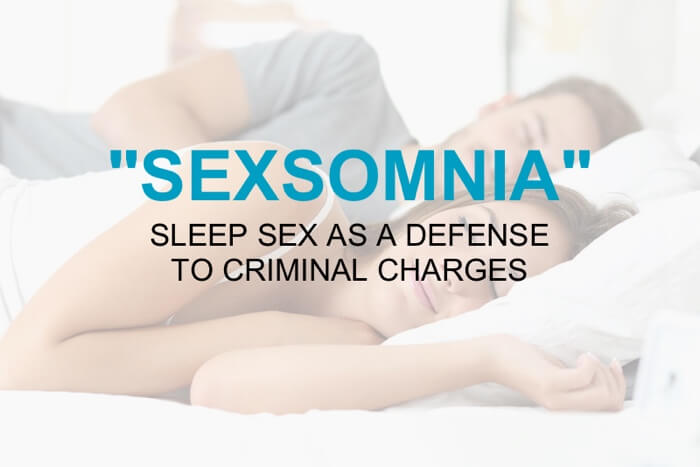
Excellent article in the Tacoma News Tribune by reporter James Drew describes how Senate Bill 6228 would make about 9,000 felons eligible to vote is moving ahead in the Washington state Legislature, as Democratic senators vow to expand democracy by removing a barrier they say is rooted in systemic racism.
Senate Bill 6228 would make felons automatically eligible to vote once they are released from state prison. Under current law, they are eligible once they have completed community custody — formerly known as probation — and that can take several years.
“The very essence of community custody is to get people back on the right track, to reintegrate them into society and to reduce the chances of re-offending,” said the bill’s sponsor, state Sen. Patty Kuderer, a Bellevue Democrat. “Restoring the right to vote and the right to participate in our democracy is an important tool for that reintegration process.”
“Until someone can show me that there’s a good reason to deprive someone of the right to vote because of the commission of a crime, then I will rethink that. But for now, I have seen zero evidence for that.” ~Senator Patty Kuderer.
Stressing that her bill addresses a “major equality and social justice issue,” Kuderer said blacks and Native Americans are overly represented in the criminal justice system. As a result, they are “disproportionately stripped of their voting rights, diminishing their representation,” she said.
A Senate committee on Friday approved the bill, putting it one step closer to a vote by the Democratic-controlled Senate. If it becomes law, the measure would take effect in 2021.
Senate GOP Leader Mark Schoesler, R-Ritzville, is opposed to the bill, saying it removes an incentive for felons to fulfill obligations under community custody such as making restitution to crime victims. The bill states that sanctions for violating community custody requirements or failure to pay court costs, restitution to victims, or fines and fees would not take voter eligibility away from a former inmate.
Samuel Merrill, clerk of the criminal justice working group for the Olympia-based Quaker Voice on Washington Public Policy, said whites after the Civil War and Reconstruction adopted laws targeting former slaves for felonies to deprive them of their voting rights. The practice continued into the voter suppression laws under Jim Crow — “vestiges of which continue today,” Merrill said.
Supporters of the bill include the Washington Association of Prosecuting Attorneys, the state Department of Corrections, the ACLU of Washington, and Attorney General Bob Ferguson.
Please contact my office if you, a friend or family member are charged with a crime. Hiring an effective and competent defense attorney is the first and best step toward justice.








